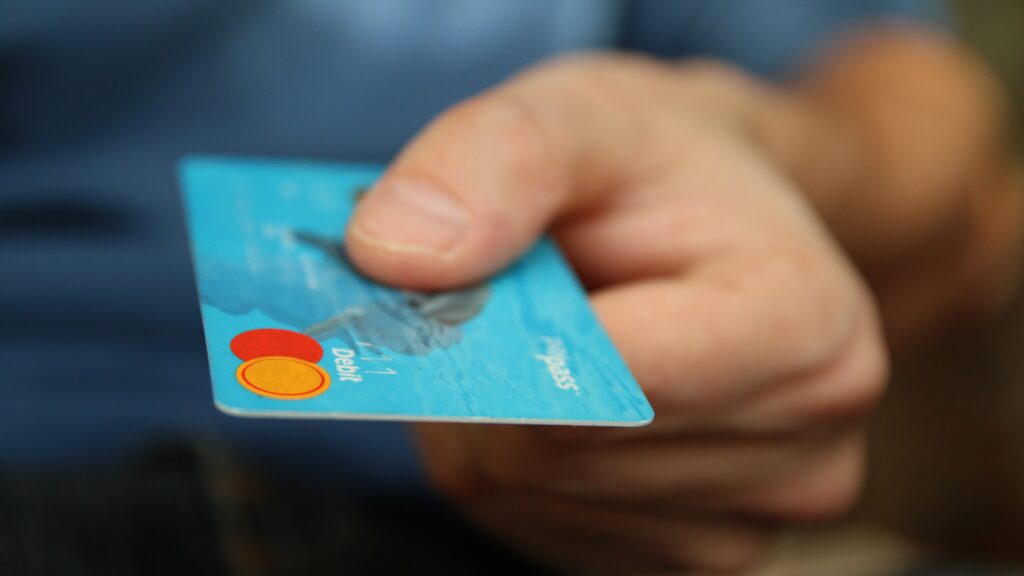
I would like to share 7 tips that can help on your expenses.
Shoot For 50% Saving Rate
- 50% is a reasonable saving rate for most people. Before you complain ‘I have mortgage to pay’ or ‘I have family to feed’, set an aggressive saving rate (at least 50%) and continue reading.
Study Your Spending Patterns
- This will generate many questions and lead you to think of solutions. For example:
- What’s your biggest category of spending? Housing, or tax? How can you reduce housing expense (loan refinance) or tax (tax relief)?
- How much do you spend on food, holiday, clothing, kids’ education, medical, etc? Which category increases year over year? What can you do about this?
- Do you always spend more during year-end holiday season? Or after you get big bonus? Can you make better use of the bonus?
Avoid Lifestyle Inflation
- It’s very normal to have lifestyle inflation, which refers to inflated spending when your earnings increases. When you earn more, you want to move from HDB to a private condominium, eat at shopping mall instead of hawker centre, drive a car instead of take MRT, go to Europe for holiday instead short trips to Malaysia. etc. One thing leads to another, and your expense can easily double or triple if you are not mindful enough.
- Once your lifestyle is inflated, it is very hard to go back to the old spending habits. There is a Chinese proverb “it is easy to go from frugality to extravagance, but difficult to go from extravagance to frugality’.
“Needs” vs “Want”
- When you buy something, is that a need, or want (nice to have)? If you don’t buy it, how it will impact your life, your work, your health?
- Ask yourself questions on why you need it. Will it be any ROI (return over investment)?
Try One-Week Cooling Period
- It’s good to have a cooling period when you really want to buy something. Give yourself a week. Don’t make impulsive purchase.
- Explore alternatives during the week. Do you still want to buy it after a week? Maybe you realise you don’t need it already?
Don’t Go To The Other Extreme Of Frugality
- Of course, life is short. You should not deprive yourself and end up regret in your dead bed.
- Ask yourself, if you don’t buy it, will it regret when you die? If the answer is yes and you can afford, then be decisive and just go ahead and buy.
Spend On Life Experiences vs Products
- Various study showed with the same dollar amounts, it’s always more memorable to spend on life experiences than spend on products.
- Examples of spending on life experiences include going for a family trip, attending a sports tournament, studying a new skill etc, these trigger long-lasting memories.
- Examples of spending on products include buying a watch or bag, these usually only create short-term happiness, and the feelings will quickly wane.
我想要分享一下七个方法可以帮助你的开销。
争取50%储蓄率
- 50%其实对大部分人来说都是一个很合理的目标。在你准备抱怨“我还有贷款要还“或是”我还要养家糊口“之前,先给自己设定一个积极的储蓄率的目标(至少50%)然后继续读下面的章节。
研究你的开销的习惯
- 这会帮助你提出问题然后寻找解决的方案,比如说:
- 你最大的开销在哪里?房屋,税务?怎么可以减少房屋开销(房贷再融资)和减少税务(减税方案)?
- 你在食物,假期,衣服,孩子教育,医疗等等的花销是多少?哪种花销逐年增加?你可以做点什么呢?
- 你总是在年底花销高一些吗?或是拿到花红之后?你可以更合理地运用花红吗?
避免生活方式上的通膨
- 生活方式上的通膨(开销随着收入增加而增加)是很常见的。当你收入增加了,你从政府组屋搬去私人公寓,吃东西从小贩中心变成商场食阁,出行从搭地铁变成买车自驾,旅行从短途去马来西亚变成去欧洲度假,等等。一个接一个,不知不觉你的开销就和之前翻了两三倍了。
- 当你的生活方式通膨了之后,通常就很难回到以前的开销习惯了。有句古话是”由俭入奢易,由奢入俭难“。
“需要”和”想要”
- 当你要买一样东西时,它是你需要的,还是想要的?如果你没有买它,它会怎样影响你的生活,你的工作,你的健康?
- 问一问你自己为什么你需要它,如果把它当成投资的话,会有回报吗?
尝试一周冷静期
- 当你想要买一样东西时,先让自己冷静一阵子。给自己一周的时间,而不是冲动地就直接买下。
- 一周之内,寻找有没有其他的代替方案。一周后,问问自己还需要吗?也许你发现自己已经没有那么急切想买了?
节俭不要太极端
当然,生命是短暂的。你也不应该刻薄到什么都不开销,最终在临终时留下悔恨。
- 问问你自己,如果你不买的话,你终老的时候会后悔吗?如果答案是确定的,而且你可以负担的起,不要犹豫现在就去买吧。
花销在经历还是物品上
- 很多研究都指出,在花同样的钱下,花销在经历上比花销在物品上会让人有更长久的美好回忆。
- 花销在经历上比方说一次家庭旅行,参加一场体育比赛,学一样新的技能等等,这些会留下长久的记忆。
- 花销在物品上比方说买一只手表或一个皮包,这些通常只会创造短暂的记忆,你的快乐感慢慢就消逝了。
#expense #financialfreedom
For other topics on financial intelligence, you can find it here https://nickandmoney.com/category/fi/
Follow me on Twitter: https://twitter.com/nickandmoney
nick and money – improve your finances and wellbeing